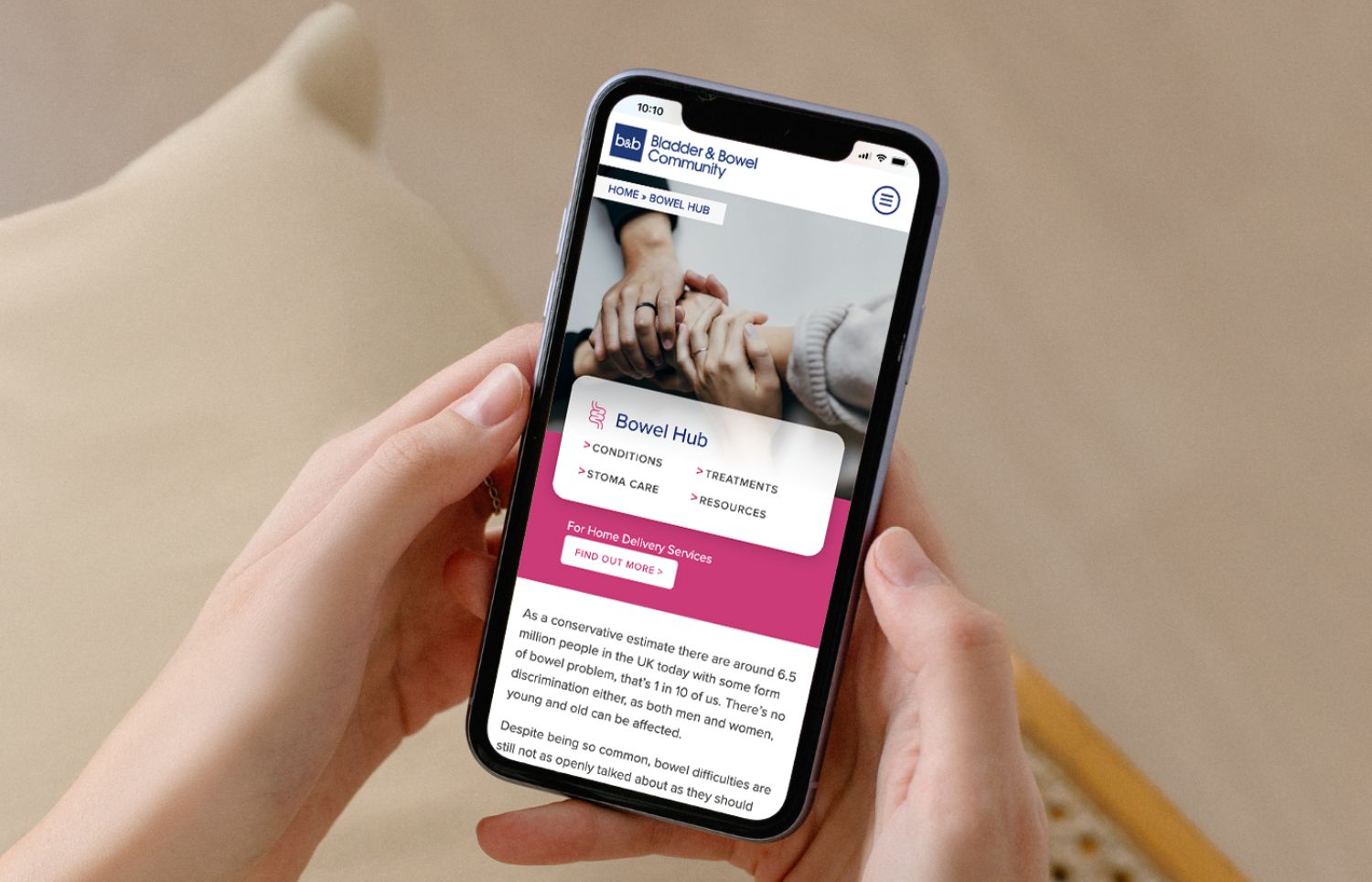
Elaine Miller is a successful physiotherapist that has worked in the glamorous field of sports physio but three kids later, a sneeze followed by an uninvited wee changed the direction of Elaine’s career into women’s health, in particular the prevention and treatment of pelvic floor dysfunction.
Elaine is also a talented stand up comedian and has combined her physio knowledge with laughter to let women know that it’s okay to have a leaky undercarriage but you don’t need to live with it. Elaine wrote Gusset Grippers, a show about pelvic floors where the primary aim is that the female audience will walk away knowing what their pelvic floor is and where they can go for help. By gathering a group of women into one room, telling socially awkward anecdotes of her own continence issues and getting these women laughing and talking about their own wee problems (with the help of some rude knitting), Elaine hopes it will encourage the one in three of us with incontinence to seek help in how to fix it.
Gusset Grippers won ‘Weirdest Show of the Fringe’ and Elaine is now taking the show to Australia, New Zealand and Canada this autumn before returning back to next year’s Fringe Festival in Edinburgh. Elaine has recognised that laughter is an essential health promotion tool and is currently researching the effects of this. Elaine is also working to get further government funding for the physio provision of women’s health.
Elaine, thank you for taking the time to talk to the Bladder and Bowel Community…
Very pleased to do so. I’m a massive fan of the Bladder and Bowel Community.
Tell us a little bit about your physiotherapy practice and your work with women’s incontinence issues.
I specialise in pelvic health – people come to clinic because they have a problem with controlling their pee or poo, have a prolapse, pain or problems associated with pregnancy. All the “p’s”.
Us women seem happy to openly talk about our boobs, sex and childbirth, why do you think that bladder and bowel issues are such a taboo?
I don’t know, but, I have not been able to find a community or culture where it is socially acceptable for adults to be unable to control their bodily fluids.
Your show Gusset Grippers combines your physio knowledge with comedy and aims to break down those barriers. What prompted you to write about this is the first place?
Humour is a great way to tackle taboo subjects. As long as the way it’s dealt with is funny, it is not offensive. I reckoned that if I could make groups of women laugh, then they’d talk to each other, share experiences, gain empathy and be encouraged to seek help. Besides, most people find fart jokes funny!
Tell us about your show? What can we expect if we come to see it?
You leave knowing what a pelvic floor is, what it does and where to take it if you think it’s a bit broken. I use storytelling to impart the information I’d give in clinic – and, there’s a 5’ vulva suit.
Your show includes anecdotes about your own personal experiences. Did you find it difficult to talk about this to an audience?
No, not at all. I have no sense of shame, which is handy. Besides, in order for the comedy to work, the joke has to be on me. It ceases to be funny if the audience feels that they are the butt of the joke.
How have your audience reacted to the show?
Much to my relief, it’s been universally positive!
Have you noticed an increase in women either talking about or deciding to do something about their pelvic floor dysfunction since your show?
Yes, anecdotally, the show seems to encourage help seeking. I need to do some research to prove it.
You will soon be taking Gusset Grippers to Australia, NZ and Canada. Are their attitudes to incontinence and women’s health similar to that of your UK audience?
Australia spends a lot of money on continence management. They are real world leaders when it comes to innovation and outreach. Attitudes are fairly uniform, mostly embarrassment.
Your latest research project also looks at humour as a health promotion tool. Could laughter really be the best medicine?
I think that healthcare has been conflicted about using humour in that way. It is very easy to get it wrong and either cause offence or look unprofessional. But, if you get it right, it can be a really powerful tool – marketing has long since used it, we all remember the advert that made you laugh.
You’re working hard to secure government funding for the physio provision and treatment of incontinence. What could we do for patients with the extra funds? Why is this an area that appears largely ignored?
Politicians have been unaware of the breadth of the problem, partly, I think, because people are embarrassed to talk about it. If we, as clinicians, can’t communicate effectively with the budget holders then nothing is going to get funded. I’d like to see a public health campaign, highlighting that this is a common problem which can usually be managed, if not cured, with conservative treatment. It would save a lot of money.
Finally, how can women seek further advice for treating pelvic floor dysfunction and incontinence issues?
Many physio departments have a self referral system, or, see your GP.
You can find out more about Elaine and her next gigs over on her website gussetgrippers.co.uk or visit her facebook page or Twitter @gussiegrips.








